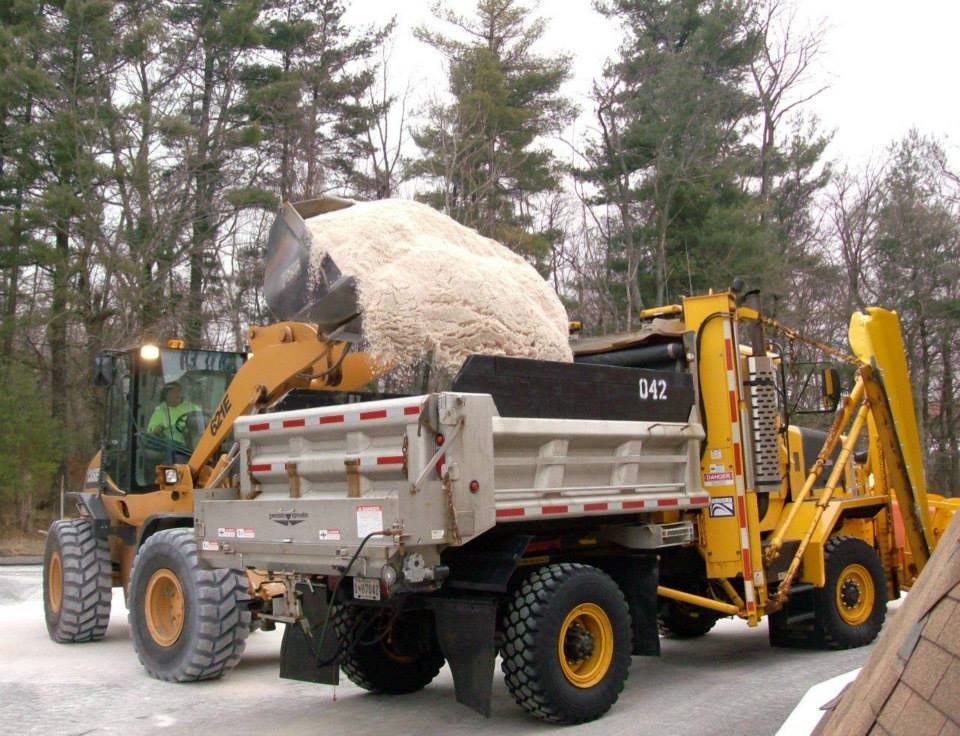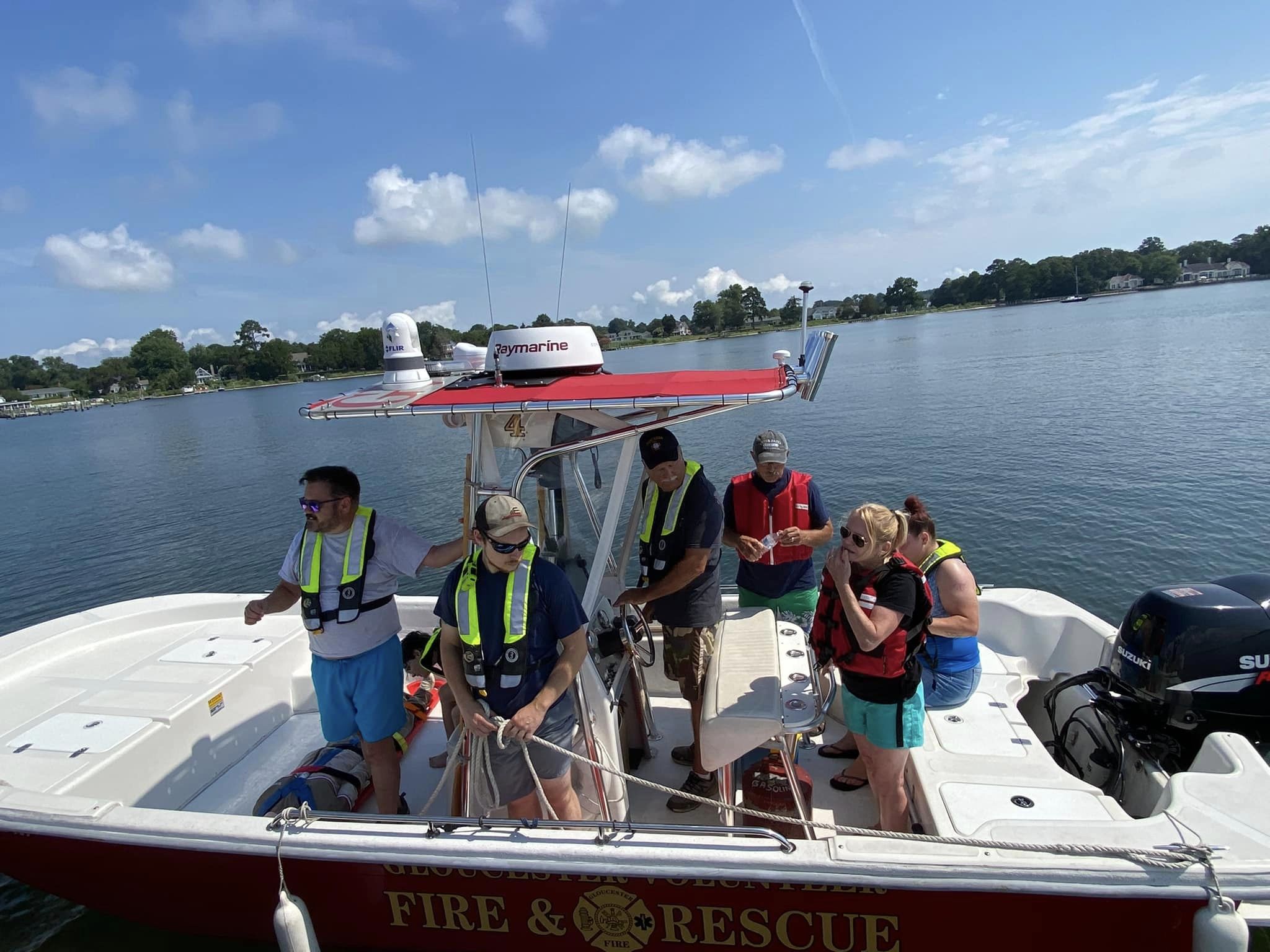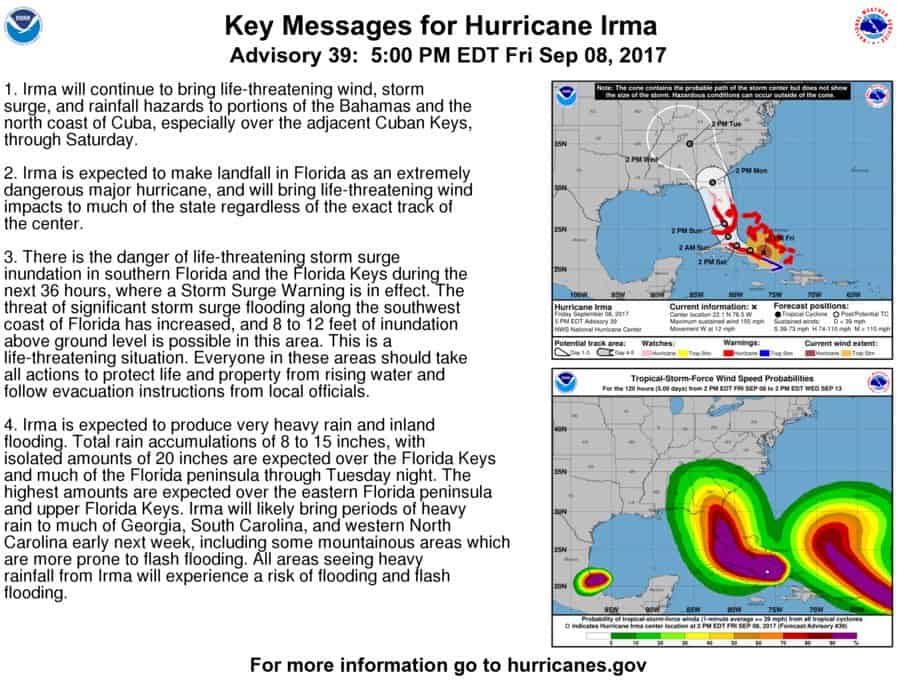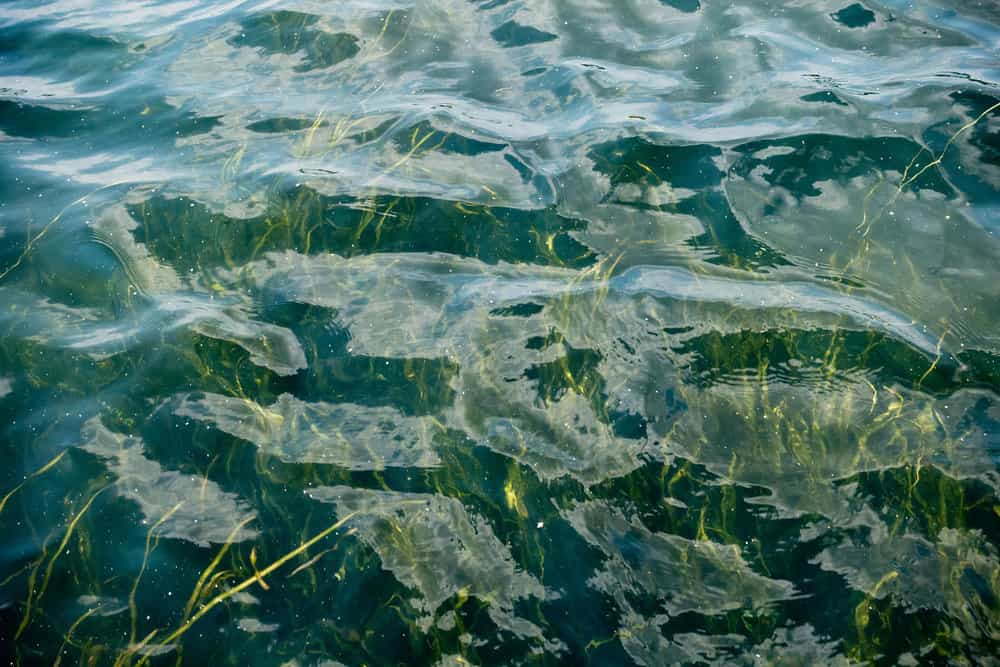The Bay region’s salt and plow trucks have been surprisingly busy in the first couple weeks of 2022. And while everyone would like to see their local roads cleared as quickly as possible, the state of Maryland says it’s using less road salt then ever before.
That’s because while de-icing salt may be effective, it can also threaten our drinking water and the Bay environment. The Maryland Department of the Environment (MDE) says sodium chloride can destroy soil’s structure and cause erosion, kill vegetation, and turn into runoff in bodies of water. Some Bay watershed streams have been flagged for chloride pollution, which affects freshwater aquatic life. MDE is stepping up its testing for chlorides as a first step to develop restoration plans for these streams.
“Once salt has entered the environment, there is no effective way to remove it. The best solution is a widespread, decreased use of road salt,” MDE points out. The agency has been working with the Maryland Department of Transportation State Highway Administration (MDOT SHA) to use just enough (but not too much) salt during winter storms and treating roads with brine instead. Salt brine is a liquid solution of 22 percent salt and 78 percent water. SHA pre-treats roads with salt brine to prevent the initial bonding of snow or ice. It has also improved plowing efficiency so less salting is needed. Even the small step of pre-wetting rock salt and salt brine helps prevent pollution, as it reduces the scattering of salt off the highway.
SHA has reduced its salt usage by half in the past five years. And environmental leaders say we should all follow SHA’s lead in reducing salt use. “This winter, we urge all Marylanders to make smart decisions on the use of de-icing chemicals to help protect waterways and wildlife without ever compromising public safety or mobility,” says Maryland Environment Secretary Ben Grumbles.
MDE has issued stormwater permits to municipalities like Anne Arundel and Montgomery counties as well as Baltimore City, requiring them to reduce winte de-icing salt. Future stormwater permits for cities and counties will include similar requirements.
Of course, businesses and other private properties would also need to do their part to reduce salt usage when they hire snow removal contractors.
On the individual level, we can use less, or no, salt on our driveways and sidewalks. MDE suggests clearing walkways before snow turns to ice, using de-icers sparingly, and considering sand or natural clay cat litter as alternatives to get traction. And if you apply de-icers and they are still there after the weather event has passed, sweep them up.
-Meg Walburn Viviano




